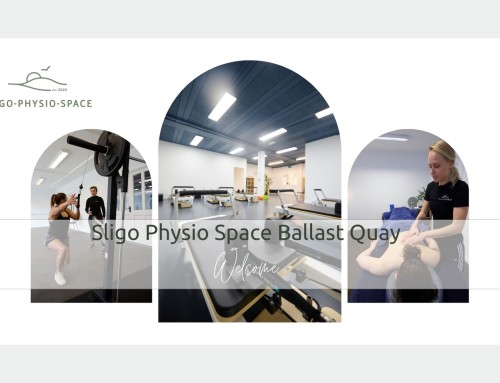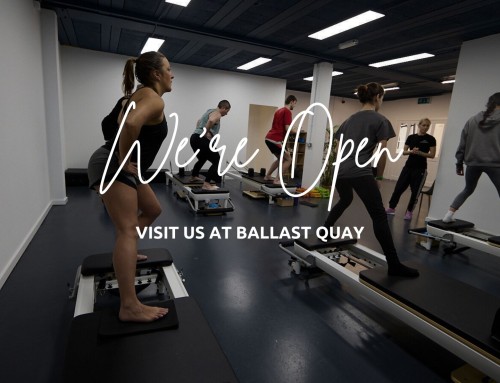Sligo Physio Space Physiotherapist Claire Mc Guinness recently completed her Sports Physiotherapy Masters. For this She was required to carry out research and write up a thesis. Below is a summary of the findings from her thesis.
A comparison of yoga and meditation for improving mindfulness and well-being and reducing perceived stress, perceived stress reactivity and COVID-19 related anxiety in athletes
Introduction
- Prolonged stress negatively impacts physiological homeostasis which adversely affects an individual’s well-being (Chrousos, 2009).
- Athletes balancing work and study experience significant stress and this can impact their well-being, performance and injury risk (Kelly et al. 2018).
- Mindfulness meditation has been proven to help athletes reduce stress and improve well-being (Petterson, 2017).
- Yoga has been proven to increase mindfulness and reduce stress (Carmody and Baer, 2008), however, it has not been studied extensively in an athletic population.
Aim
- To compare the effects of 5-weeks of mindful meditation to 5-weeks of mindful yoga on levels of mindfulness, COVID-19 related anxiety, perceived stress, perceived stress reactivity and well-being.
Method
- 24 (17 male and 7 female) voluntary athletes, mean age (31.25 +/-92) were recruited.
- Participants completed validated self-reported questionnaires on mindfulness, COVID-19 related anxiety, perceived stress, perceived stress reactivity and well-being before and after the intervention and the results were analysed for effect,
- The meditation intervention was 5-weeks of 45 minutes of mindful meditation by Kabat-Zinn, sent in an audio file weekly.
- The yoga intervention was 5-weeks of 45 minutes of mindful yoga taught by the author and sent in a video file weekly.
Results
- There was a statistically significant improvement in mindfulness following the interventions in both groups, with a slight but statistically significantly higher increase in the meditation group.
- There was a statistically significant reduction in COVID-19 related anxiety in the meditation group only, with no significant effect observed with the yoga intervention.
- There was a statistically significant reduction in perceived stress and perceived stress reactivity in both groups, with no statistical difference between the groups.
- There was a statistically significant improvement in well-being in both groups, with no statistical difference between the groups.
- There was high compliance in both groups, especially with the yoga group.
Discussion
- This study confirms the findings of other research which has shown the positive effects of meditation on stress and well-being in athletes (Goodman et al 2014; Aherne et al. 2011).
- This study is novel in proving yoga with athletes can improve mindfulness, and well-being and reduce perceived stress and perceived stress reactivity.
- It highlights meditation as a useful tool in managing COVID-19 related anxiety in athletes.
Conclusion
- Mindfulness techniques are beneficial for use with athletes, given the results and high compliance rates seen in this study.
- Further research is needed to prove whether meditation is more effective at improving mindfulness than yoga.
Implications
- Fellow researchers can easily replicate a yoga intervention to increase mindfulness in athletes for future studies.
- Further research should include physiological measurements of stress and examine the correlation of reduced stress to improved performance and reduced injury risk.
- Sports coaches and psychologists interested in improving well-being and reducing stress should incorporate mindfulness practices such as yoga or meditation.




